On the banks of the river Tamasa stood the sage Valmiki. He was absorbed in the contemplation of the sense of peace pervading the place. All on a sudden, he heard the twang of a bowstring, the whirr of an arrow and the piteous cry of a Krauncha bird whose mate had just been killed by the arrow. Valmiki was overcome with pain and compassion and, when his eyes rested on the hunter who had parted the birds, his mind was full of anger and he spoke harshly to the Sinner. ‘O hunter, as you have killed the Krauncha bird which was lost in the ecstasy of love, you will not attain bliss for eternity.” The Oyster, they say, breeds the pearl in a moment of irritation. Even so, out of the heart of the poet, whose soul is drenched with pain is born a poem. Thus was born the Adi Kavya—THE RAMAYANA.
Ramayana
Bhavan's Book University
Book: $58.50
$65.00
In stock
Free & Quick Delivery Worldwide
All orders amounting to US$ 50 or more qualify for Free Delivery Worldwide. For orders less than US$ 50, we offer Standard Delivery at $14 per book.
ABOUT THE AUTHOR Kamala Subramaniam
Smt. Kamala Subramaniam was born on October 4, 1916 in Bangalore. Her father was the eminent Kannada poet and dramatist, Shri T.P. Kailasam. She studied under the distinguished scholar Prof. B.M. Srikantiah. She read avidly both classics and modern thrillers and her knowledge of English literature, especially of Shakespeare, was profound. She also loved philosophy and knew her Bible as well as she knew the Gita. In 1937, Smt. Kamala married Dr. V.S. Subramaniam, a renowned E.N.T. Surgeon of Madras. In spite of her family concerns, she pursued her literary interests and wrote a series of imaginary conversations on the model of Landor's for Triveni under the pen-name "Ketaki". Her love of literature, nursed over the years, expressed itself in her developing a fascination for the Epics and Puranas of India. In the late 60s Smt. Kamala underwent and operation for cancer, which gave her a ten-years lease of life. Lesser mortals would have been un-nerved by this but for Smt. Kamala it came as a challenge and this period turned out to be the most productive literary period of her life. Her first labour of love was the retelling of the Mahabharata. In this masterly condensation, of India's great epic, Smt. Kamala captures with dramatic intensity the movement of the story. As the episodes unfold in Smt. Kamala's vivid narrative, one seems to hear Draupadi's wail of distress, Duryodhana’s arrogant laughter, and even the twang of Arjuna's bow, the Gandiva. The Mahabharata, now its 11th edition, won for Smt. Kamala a great reputation. She followed this up with condensations of Srimad Bhagavatam and Valmiki's Ramayana. Here is a trilogy of more than 2000 pages - a stupendous literary achievement. The epics and puranas epitomize our culture. The heroes and heroines set high standards of nobility, heroism, and chivalry. They have moulded the life and outlook of generations of Indians. Smt. Kamala Subramaniam has left a priceless legacy for the young and the old. The gifted author passed away on February 21, 1983. Smt. Kamala was so self-effacing that she would not even permit her photograph to be printed on the jackets of her books. As a friend of hers wrote: As she wrote, she felt, as she felt, she lived in her invisible world and as she lived, her world grew rich and real for her and so it will grow for us when we read her books.
ABOUT THE AUTHOR Swami Ranganathananda
Born in village of Trikkur, Kerala State, on December 15, 1908, Swami Ranganthananda joined the Ramakrishna Order, the international spiritual and cultural movement founded by Swami Vivekananda, at its branch in Mysore in 1926. He was formally initiated into Sannyasa in 1933 by Swami Shivananda, one of the eminent disciples of Sri Ramakrishna and the second President of the Order. After spending the first twelve years in the Order's branches in Mysore and Bangalore, the first six years of which as cook, dishwasher and house-keeper and later as warden of student's hostel, he worked as Secretary and librarian at the Ramakrishna Mission branch at Rangoon- from 1939 to 1942, and thereafter as President of the Ramakrishna Math and Mission, Karachi, from 1942 to 1948. From 1949 to 1962, he worked as the Secretary of the New Delhi branch of the Mission, and from 1962 to 1967, he was the Secretary of the Ramakrishna Mission Institute of Cultural Studies, and Editor of its monthly journal. From 1973 to 1993 he was President of Ramakrishna Math, Hyderabad and from 1994-1998 he was Vice President of Worldwide Ramakrishna Math and Ramakrishna Mission. Now he is its President, and stays at Belur Math. He has undertaken extensive lecture tours form 1946 to 1972 covering 50 countries. Form 1973 to 1986 he visited annually Australia, USA, Holland and Germany. In 1986 he was awarded the first Indira Gandhi Award for National Integration.
reviews
0 in total
Review by Anonymous
Be the first to review “Ramayana” Cancel reply
You must be logged in to post a review.
Bibliographic information
Title
Ramayana
Bhavan's Book University
Bhavan's Book University
Author
Edition
9th ed.
Publisher
Bharatiya Vidya Bhavan, 2007
Length
xvii+695p., 24cm.
Subjects
tags
#Ramayanaview entire series
more by Kamala Subramaniam see more
more by Swami Ranganathananda see more
similar bookssee more
Bhakti Movement in Medieval India: Social and Political Perspectives
This well documented study ...
$55.80
$62.00
Islamic Republics and Nations
$58.50
$65.00

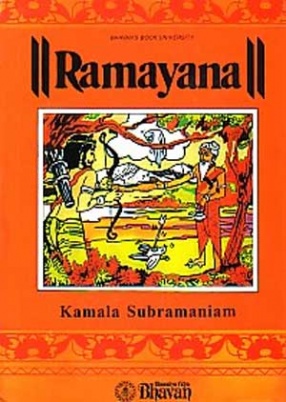
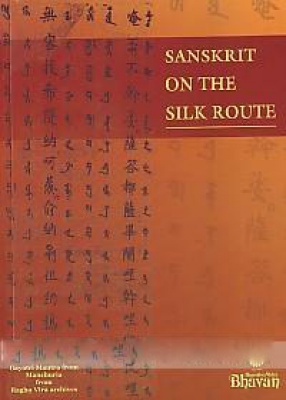
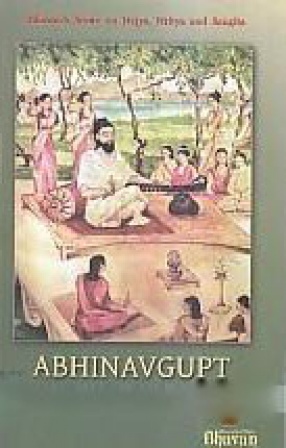
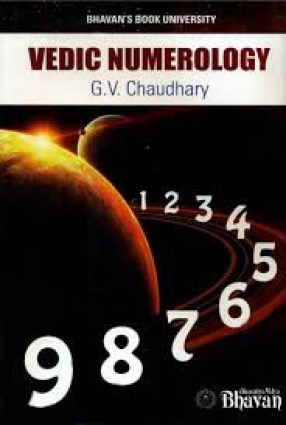
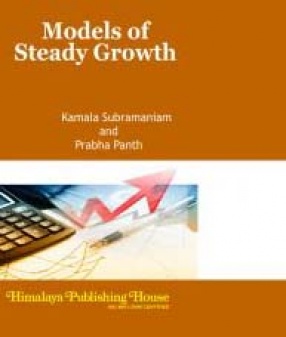
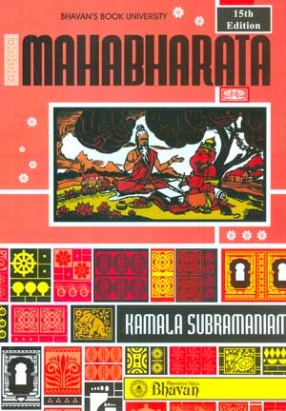
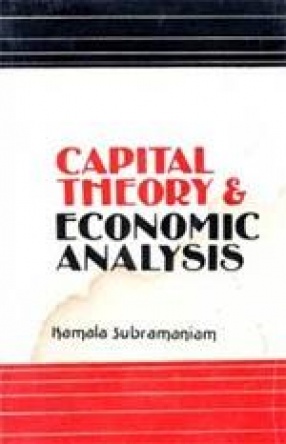
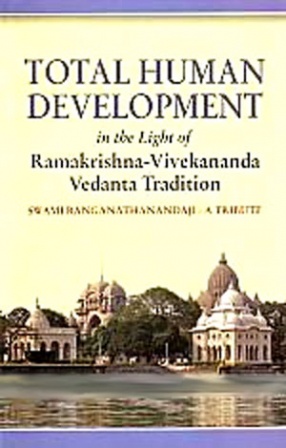

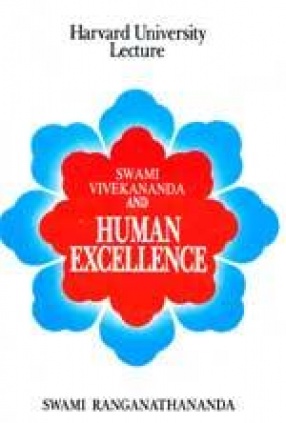
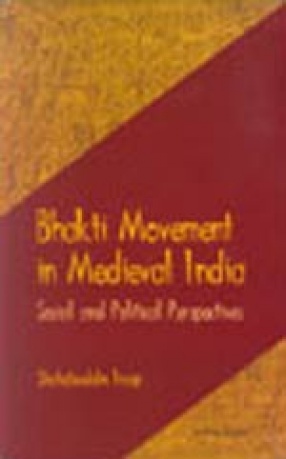
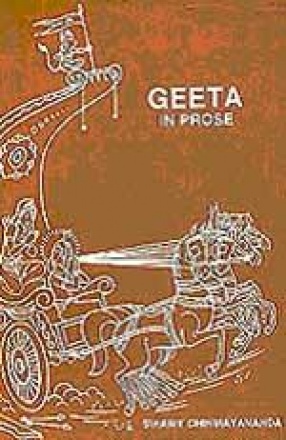
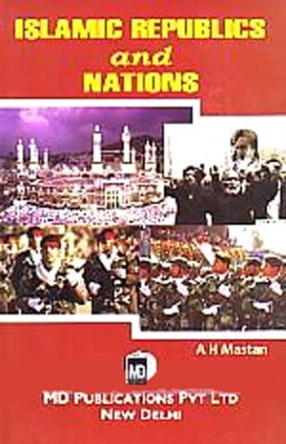
There are no reviews yet.